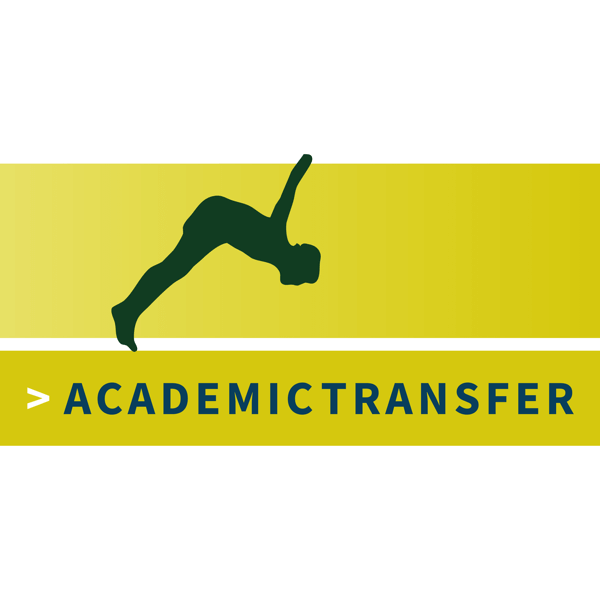
PhD Talk for AcademicTransfer: How to stand out as an international applicant for an academic position
This post is part of the series PhD Talk for AcademicTransfer: posts written for the Dutch academic career network AcademicTransfer, your go-to resource for all research positions in the Netherlands.
These posts are sponsored by AcademicTransfer, and tailored to those of you interested in pursuing a research position in the Netherlands.
If these posts raise your interest in working as a researcher in the Netherlands, even better – and feel free to fire away any questions you might have on this topic!
The academic job market is international in nature. Depending on where you did your previous studies or PhD, you may be at an advantage or a disadvantage.
I remember the efforts it took me to explain to the diploma checking office of Georgia Tech that Vrije Universiteit Brussel is not the same as Universite Libre de Bruxelles. I experience coming from a small university as a disadvantage later in my career. The education I received was excellent. At the same time, when I continued on to another university, nobody had heard of my alma mater and it wasn’t immediately seen as a sign of excellence.
If you are applying for a position internationally, there are a number of things to consider:
- Understanding the culture of the university where you are applying: If you want to know how to present yourself as an international candidate, you need to get as much information about the culture of the university where you will be applying. If possible, see if you have secondary contacts at the university (i.e. one of your acquaintances knows somebody there), and have a conversation. If you can’t find a direct contact to understand the culture, see if you can find out more online. Social media may be a great place to connect to current academics from the university, and their feeds may give you an impression of what is important at their university, what they work on, and what it is like to work there.
- Explaining your background: Once you understand the culture of the university where you are applying, you need to critically look at your background. Are there aspects that are very different in approach, work style, and mission and vision of the universities? Find out those differences, and develop your narrative about your background. An introduction in what your background looks like, what you have worked on in the past and with whom, and what your working habits have been like, can be very enlightening for a hiring panel.
- Showing that you know why you are applying: If you are applying internationally, avoid at all costs the mistake of sending in the same application package to x universities. It will be very clear that you did not make your homework, and you will be filtered out very quickly – regardless of how strong your profile is. One of the important questions to ask yourself is why you are applying to this university internationally? Many reasons are valid here: you want to work in a certain lab to learn a certain technique, you want to get international experience, or you want to collaborate with a certain PI. It could also be that what you learned in step 1 about work culture at this university, or the mission and vision of the university, really aligns with your goals for the future. By all means, know why in all honesty you are applying there, and avoid cookie-cutter writing along the lines of “I want to work with you because I have experience in field Y”, where Y has nothing to do with the work of the person to whom the application letter is addressed.
- Showing that you know where you are applying to: Besides knowing your reasons for applying to the university, you also need to be able to embed your application in the national culture. Demonstrate that you have gone through steps 1 and 2, and that you understand clearly the differences between your background and the culture of the university where you are applying.
- Highlighting the strengths of your international profile: In a next step, turn the differences between your home country and the international university into a positive story. Again, this is not an invitation to make things up, but for you to reflect on what you bring to the table with your background. For example, as a Belgian, my engineering education had a very strong mathematics component. Being able to formulate theoretical concepts analytically is one of my strengths – and I’ve been highlighting this strength many times during international applications
- Demonstrating willingness to embed yourself fully in the place of the university: If you’ve gone through the previous steps, it is also important to look beyond the university where you are applying. Which country will you be living in? Which city will you be living in? Which activities are famous in this city? Show the search committee that you have been reading up about the city, and that you are planning on joining a local club or hoping to visit a certain garden or museum frequently. Another important aspect is the language. If the university mostly operates in a language that you don’t master yet, then don’t wait for the question of whether you would be willing to learn the language. Find already out where you’d be taking classes, perhaps learn some very basics on Duolingo, so that you can show full willingness to embed yourself in the local community.
Have you moved internationally for your academic career? How did you show the strengths of your international profile to the search committee?
